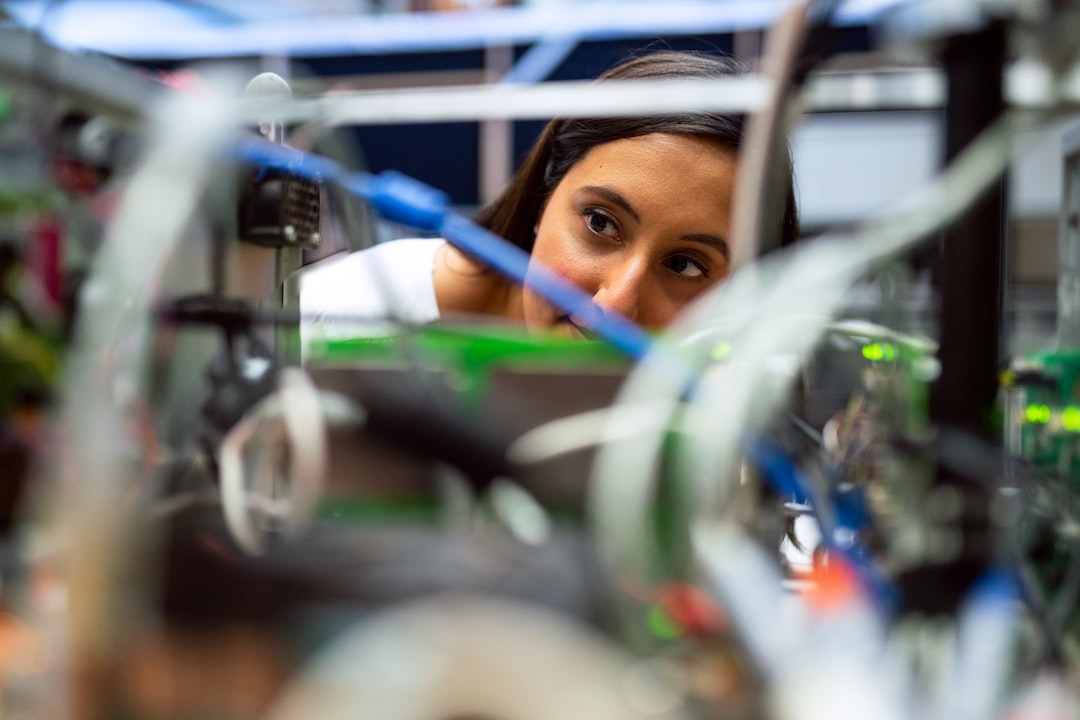Future Trends in Sustainable Engineering
Sustainable engineering is a field that focuses on designing and implementing solutions that meet the needs of the present without compromising the ability of future generations to meet their own needs. As the world grapples with the challenges posed by climate change and dwindling natural resources, sustainable engineering is poised to play a crucial role in shaping the future of our planet. In this blog post, we will explore some of the key trends that are likely to emerge in the field of sustainable engineering in the coming years.
1. Renewable Energy: The transition from fossil fuel-based energy sources to renewable sources such as solar, wind, and hydropower is well underway. In the future, sustainable engineers will continue to push the boundaries of renewable energy technology, improving efficiency and finding innovative ways to harness and store renewable energy. This could include advancements in battery technology, development of new solar panel materials, and the use of artificial intelligence to optimize renewable energy systems.
2. Circular Economy: The concept of a circular economy, where resources are used and reused in a closed-loop system, is gaining traction. Sustainable engineers are increasingly focusing on designing products and systems that minimize waste and maximize resource recovery. This involves adopting strategies such as product life extension, recycling, and remanufacturing. In the future, we can expect to see advancements in technologies that enable the efficient and cost-effective implementation of a circular economy at scale.
3. Smart Cities: With the world becoming more urbanized, the concept of smart cities is becoming increasingly important. Sustainable engineers will play a crucial role in designing and implementing systems that make cities more efficient, livable, and environmentally friendly. This could include the development of smart grids, intelligent transportation systems, and the integration of renewable energy sources into urban infrastructure. Through the use of sensors, data analytics, and automation, sustainable engineers will contribute to the creation of cities that are not only sustainable but also technologically advanced.
4. Green Building: The construction industry is a major contributor to greenhouse gas emissions and resource consumption. Sustainable engineers are working towards innovative building designs and materials that have a reduced environmental impact. The future of green building will likely see the integration of technologies such as 3D printing, biodegradable materials, and energy-efficient systems. Additionally, sustainable engineers will continue to emphasize the importance of designing buildings that prioritize occupant health and well-being.
5. Water Management: With water scarcity becoming an increasingly pressing global issue, sustainable engineers will focus on developing sustainable water management systems. This could include the implementation of efficient irrigation techniques, water recycling and desalination technologies, as well as the conservation of water through better wastewater treatment. Sustainable engineers will play a crucial role in ensuring that water resources are managed sustainably, preserving this vital resource for future generations.
6. Sustainable Transportation: As the demand for transportation continues to rise, sustainable engineers will be at the forefront of developing eco-friendly transportation solutions. This could involve the advancement of electric vehicles, the development of hydrogen fuel cells, and the promotion of alternative modes of transportation such as biking and walking. Sustainable engineers will also focus on improving public transportation systems to reduce congestion and emissions.
In conclusion, sustainable engineering is poised to shape the future in numerous ways. From the development of renewable energy technologies to the implementation of circular economy principles, the role of sustainable engineers in creating a sustainable future cannot be overstated. By embracing these trends and driving innovation, sustainable engineers have the opportunity to make a significant impact on the well-being of our planet and future generations.


